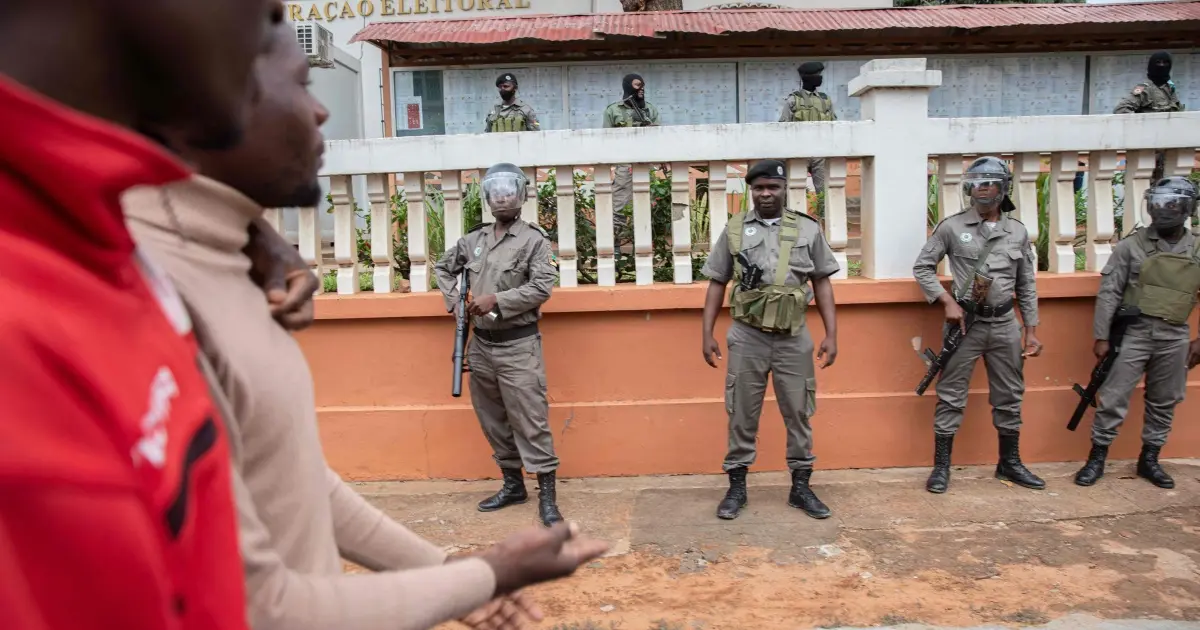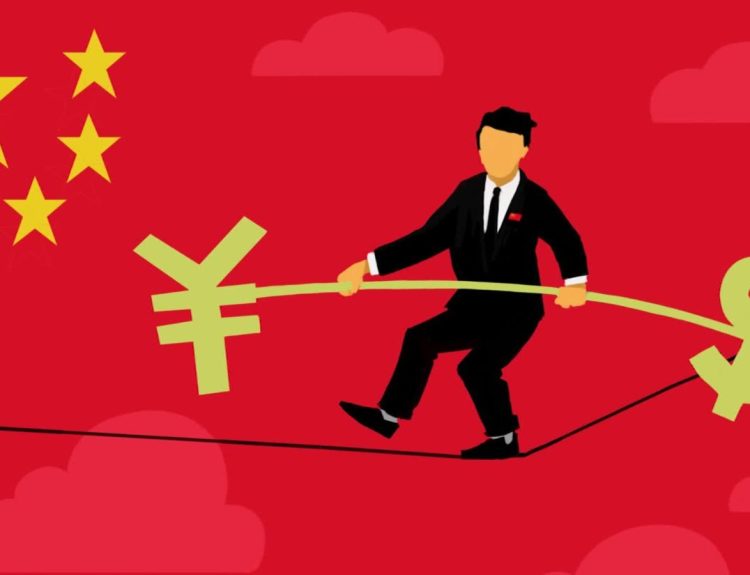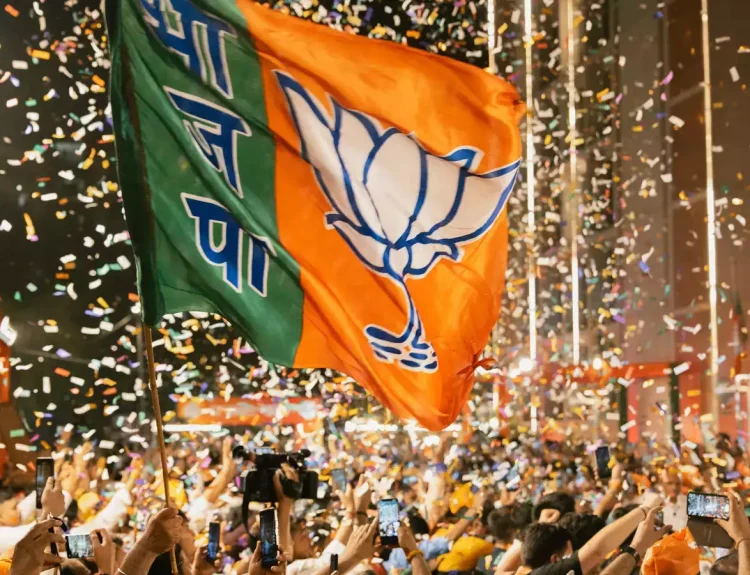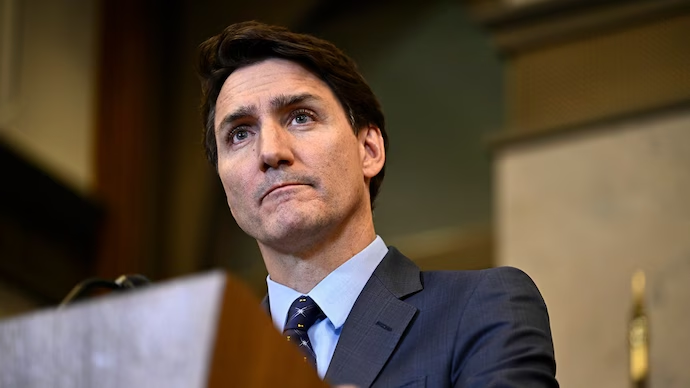Rights activist Cidia Chissungo has been deeply disturbed by recent images of violence in Mozambique. She has seen pictures of young men with bullet wounds and teenagers injured by tear gas fired by the police.
“There’s a 16-year-old boy who was shot in the mouth; his mouth was completely destroyed,” Chissungo told Al Jazeera. “Every time I close my eyes, I see that image.”
These horrifying scenes highlight the deadly price young Mozambicans are paying as they push for political change. Violence erupted last week after police opened fire on supporters of Venancio Mondlane, a 50-year-old opposition candidate. By Friday, at least 11 people had been killed, many others injured—including a policeman—and about 400 people were detained, according to Human Rights Watch.
On Thursday, thousands are expected to protest again in Maputo, the capital, and other cities, ignoring calls by outgoing President Filipe Nyusi to stay home.
Anger Over Election Results
Demonstrators are furious about the results of the October 9 elections. The long-ruling Frelimo (Mozambique Liberation Front) party’s candidate, Daniel Chapo, won by a large margin, while Mondlane, who is popular among young people, came in a distant second. The opposition alleges that the votes were rigged, and election observers noted irregularities.
The brutal killings of two of Mondlane’s close associates last Saturday have intensified the protests. Although he ran as an independent, Mondlane is backed by the extra-parliamentary group The Optimist Party for the Development of Mozambique, known as Podemos.
Calm had just begun to return to Maputo and other cities. However, signs of the chaos remain: a burned police station, looted businesses, burned tires on roads, and torn election billboards. People returned to work on Monday.
On Wednesday night, Mondlane called for more protests starting Thursday during a Facebook livestream. In Maputo, young people gathered, watching Mondlane on their phones and chanting “Vamos, Vamos!“—meaning “Let’s go.”
Claims of Election Fraud Spark Unrest
Many of Mozambique’s youth—who make up two-thirds of the 35 million population—saw the October 9 election as a chance to change the country’s long-standing political leadership. Frelimo has ruled since independence from Portugal in 1975 and fought a civil war with the opposition Renamo party from 1977 to 1992.
Young Mozambicans feel disconnected from Frelimo’s legacy as a liberation party. They point to economic decline, corruption, high unemployment, and ongoing conflict in the north, despite the country’s natural beauty and gas reserves.
“Many young people feel there is no hope,” Chissungo said. “We still have kids studying under trees, unpaid teachers striking all the time, schools shutting down because they can’t pay the water bill, but we have money to buy cars for top government officials.”
Analysts predicted that Mondlane’s popularity among the youth would make the election competitive. However, many expected that President Nyusi would hand over power to his Frelimo colleague, Chapo. The 47-year-old Chapo tried to appeal to young voters with promises of change, but many remained unconvinced.
Election day was calm, but reports of ballot stuffing, ghost voters, and altered voter registration sheets began to emerge from observers, including the African Union, the European Union, and local Catholic bishops.
“The whole thing was organized to steal the elections,” veteran academic Joseph Hanlon, who monitored the elections, told Al Jazeera. “In some places, we’re seeing result sheets written in pencil so they can be changed afterward. The elections are irregular from beginning to end.”
As unofficial results indicated a Frelimo victory, tension grew among opposition supporters. Mondlane and Renamo leader Ossufo Momade rejected the results, accusing Frelimo of fraud. Mondlane even claimed victory himself.
Assassinations Intensify Protests
On Saturday, October 19, two top Podemos members were assassinated in downtown Maputo: Elvino Dias, Mondlane’s lawyer, and Paulo Guambe, a parliamentary candidate. Witnesses said armed men fired up to 20 bullets into their vehicle. A woman in the car was injured.
Mondlane alleged that these were political assassinations, while police suggested a personal vendetta.
The killings shocked Mozambique and drew international attention. United Nations Secretary-General Antonio Guterres called for investigations, as did the European Union, the African Union, and the United States. Frelimo urged authorities to “do everything in their powers to shed light on this affair.”
At a vigil that evening, Mondlane said he would not be deterred and called on his supporters to protest. “We have proof. The blood of two young men is now on the ground! We will all take to the streets,” he said.
Analyst Americo Maluana told Al Jazeera that protests might have happened even without the killings due to a lack of trust in the electoral commission.
Clashes with Police Continue
On Monday, October 21, protesters led by Mondlane gathered in Maputo, chanting “Save Mozambique” and “The country is ours.” Police tried to disperse them using force. Rights groups say police used live ammunition, rubber bullets, and tear gas. Protests and clashes occurred in other cities as well.
Most deaths and injuries were recorded on October 24 and 25. Among those killed was 29-year-old Jacinto, who was shot dead shortly after leaving his home.
Some who stayed home were not spared. A 16-year-old boy was at home when protesters fleeing from the police ran inside his house. Police, in pursuit, shot him in the legs, according to Chissungo.
In hospitals, the number of injured and dead increased. Many are afraid to seek medical help for fear of being arrested.
Youth Remain Determined Despite Crackdown
As Mondlane’s supporters prepare for more protests, it’s unclear how long the unrest will continue. Police have brought criminal charges against Mondlane for property destroyed during protests.
Earlier this week, Mondlane reached out to other opposition parties to join forces and called for a government of national unity, similar to models in neighboring countries.
However, Maluana believes that Frelimo is likely to consolidate its dominance.
Aid workers report that the unrest is disrupting aid efforts in the northern Cabo Delgado province, where an armed conflict has been ongoing since 2017.
Meanwhile, congratulations for Chapo’s apparent victory have come from world leaders, including South African President Cyril Ramaphosa and China’s President Xi Jinping.
Despite this, activists like Chissungo say that young protesters remain determined. “People are clear that this is the time for us as young people to make history; we either make it now or never,” she said. “The police could scare them before, but now, without fear, that’s a problem. People are saying we are ready to die, and the more suppression that exists, the more powerful people feel.”






